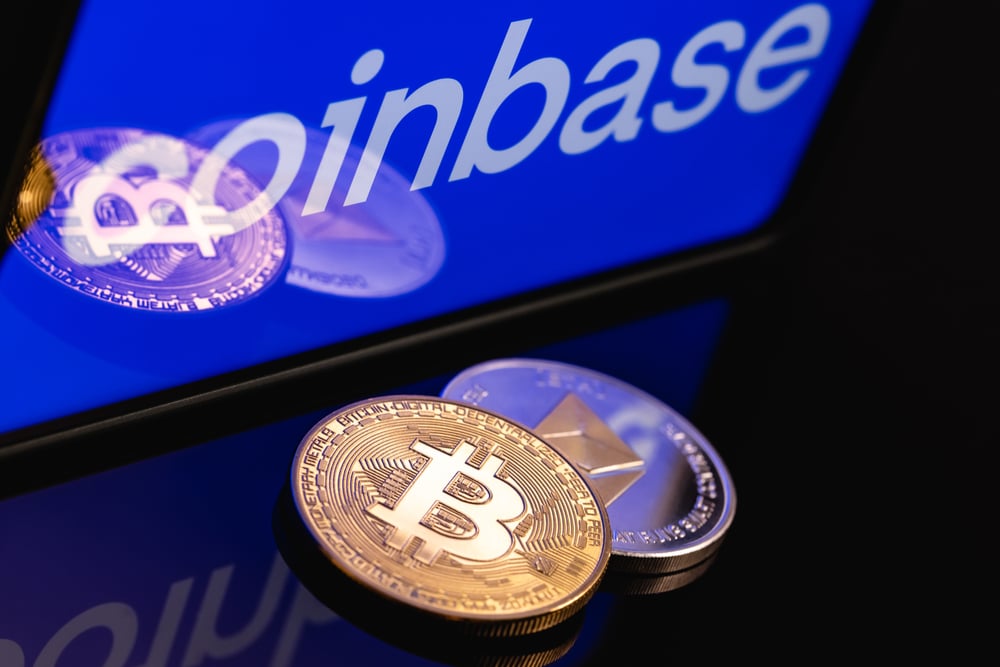17th January marks a crucial moment for the cryptocurrency industry as Coinbase confronts the U.S. Securities and Exchange Commission (SEC) in a federal courtroom. The legal battle centers around allegations that Coinbase’s business involves trading unregistered securities.
The hearing, presided over by Judge Katherine Polk Failla of the U.S. District Court for the Southern District of New York and scheduled for four hours, could have significant implications for the regulatory landscape of the broader crypto industry.
Coinbase vs. SEC: Challenging Securities Allegations in Court
Coinbase is gearing up for a significant legal battle against the U.S. Securities and Exchange Commission (SEC) in a federal courtroom. The cryptocurrency exchange is contesting the SEC’s allegations that it has been trading unregistered securities as part of its business model.
This hearing, set to last four hours before Judge Katherine Polk Failla in the U.S. District Court for the Southern District of New York, is poised to influence the future regulatory interactions between the crypto industry and regulatory authorities.
In June 2023, the SEC sued Coinbase, accusing the exchange of functioning as an unregistered broker, exchange, and clearing agency. The lawsuit particularly targets 13 cryptocurrencies listed on Coinbase’s platform, including ADA, SOL, MATIC, FIL, SAND, AXS, CHZ, FLOW, ICP, NEAR, VGX, DASH, and NEXO, labeling them as securities.
Coinbase’s Challenge on SEC’s Application of Howey Test in Securities Classification
Coinbase has strongly refuted these claims, arguing that the SEC is misapplying the Howey test, a legal benchmark used to determine if a digital asset is a security.
The exchange asserts that the tokens it facilitates trading for do not meet the criteria for securities, as there is no formal commitment from issuers to share profits or income with token purchasers.
This hearing is not just a challenge to the SEC’s specific allegations against Coinbase, but also a confrontation over the broader interpretation of digital assets under existing securities laws.
High Stakes in the Coinbase vs. SEC Court Battle
The legal showdown between Coinbase and the SEC is not just a matter of corporate interest but holds significant implications for the entire cryptocurrency industry. At the core of this case is the pivotal question: Do digital assets constitute investment contracts or securities transactions under the Howey test?
The forthcoming decision by Judge Failla, expected within a few months, could establish a crucial precedent for future legal disputes involving digital assets.
This hearing arrives amidst a period of challenges for the SEC, notably highlighted by its unsuccessful attempt to get a spot Bitcoin exchange-traded fund (ETF) approved. Coinbase is poised to leverage these setbacks in its favor, pointing out what it perceives as inconsistencies and due process violations by the regulatory body.
Although the likelihood of a complete dismissal of the case seems slim, the allocation of four hours for oral arguments by Judge Failla indicates a thorough and serious examination of Coinbase’s motion. Regardless of the immediate outcome of this motion, it’s evident that the dispute is poised for further escalation, potentially reaching appeals courts.
This case will thus continue to be a significant point of reference in the ongoing discussions and legal interpretations surrounding crypto transactions and their regulation in the secondary market.
At Tokenhell, we help over 5,000 crypto companies amplify their content reach—and you can join them! For inquiries, reach out to us at info@tokenhell.com. Please remember, cryptocurrencies are highly volatile assets. Always conduct thorough research before making any investment decisions. Some content on this website, including posts under Crypto Cable, Sponsored Articles, and Press Releases, is provided by guest contributors or paid sponsors. The views expressed in these posts do not necessarily represent the opinions of Tokenhell. We are not responsible for the accuracy, quality, or reliability of any third-party content, advertisements, products, or banners featured on this site. For more details, please review our full terms and conditions / disclaimer.



